This is about the time of year when I get the sudden and irresistible urge to make kimchi.
Rogue Scholar Beiträge

Long-time SV-POW! reader Tyler Holmes came across a book with the very un-searchable title “Encyclopedia of Dinosaurs” — I tried to find it in the Internet Archive, but there are waaay too many books of that name.
Booking is now open for the Screen Two at 40 symposium at BFI Southbank, London, on the 12th November 2025.
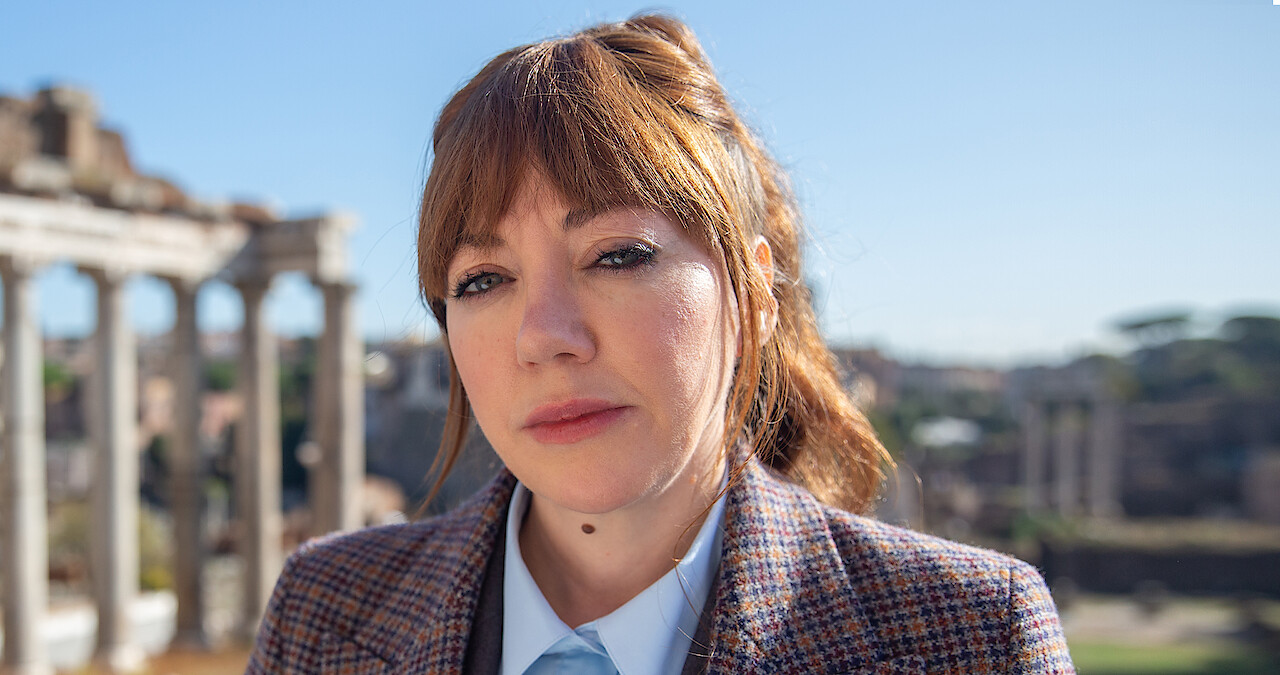
In a previous academic life, I was trained as an historian and archaeologist, particularly regarding representation of heritage. While this has proved unexpectedly good training for eventually becoming a media theorist studying representation (amongst other things), it also means I often have a somewhat ambivalent relationship with documentaries about history, archaeology and/or culture.
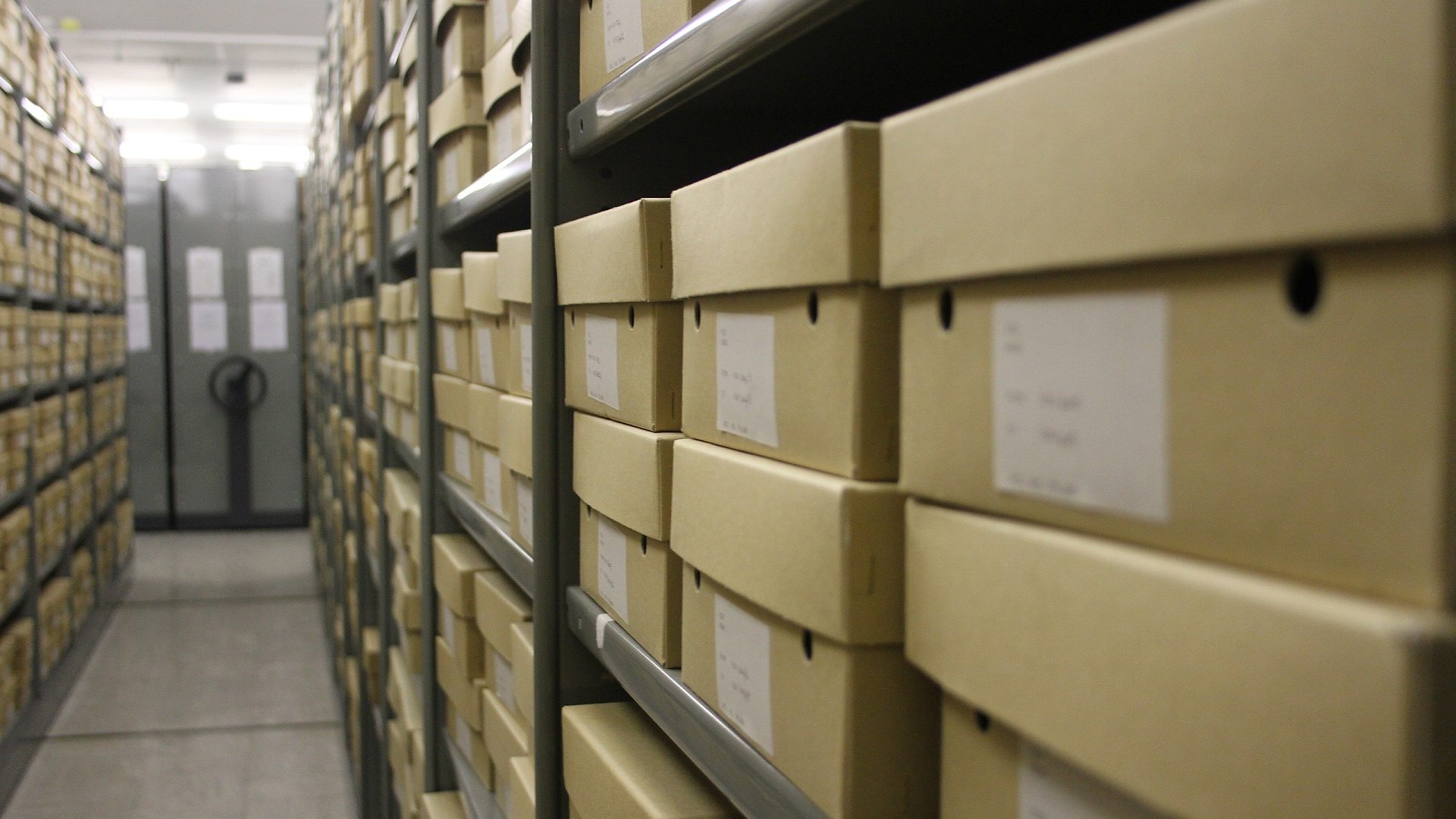
I was asked to write an op-ed piece saying why I think the BBC’s Written Archives Centre (WAC) is a unique and brilliant resource, which I can do because it’s both – and why, therefore, the BBC’s slimming of its services is a Bad Thing.
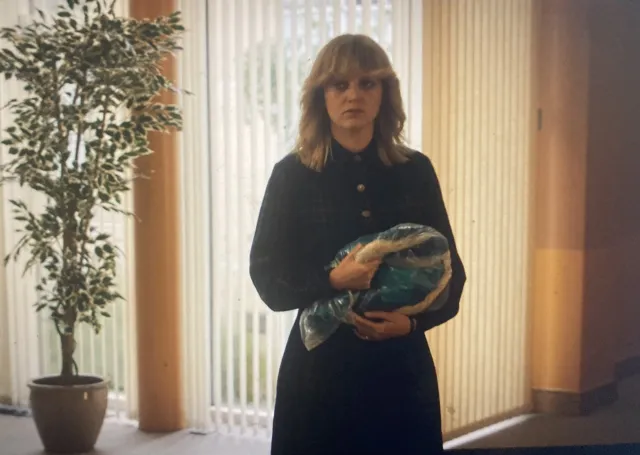
This article was first published on WFTHN on the 17th October 2025. Warning : This article is divided into two parts, but both have detailed descriptions of sexual violence in the book and TV series, Rivals . Author’s Note: This essay was written before the death of Dame Jilly Cooper.
Über das Fördergeschehen des Brandenburgischen Publikationsfonds für Open-Access-Monografien akkumulieren sich mit der Zeit vielfältige Daten zum Open-Access-Publizieren von Büchern in Deutschland.
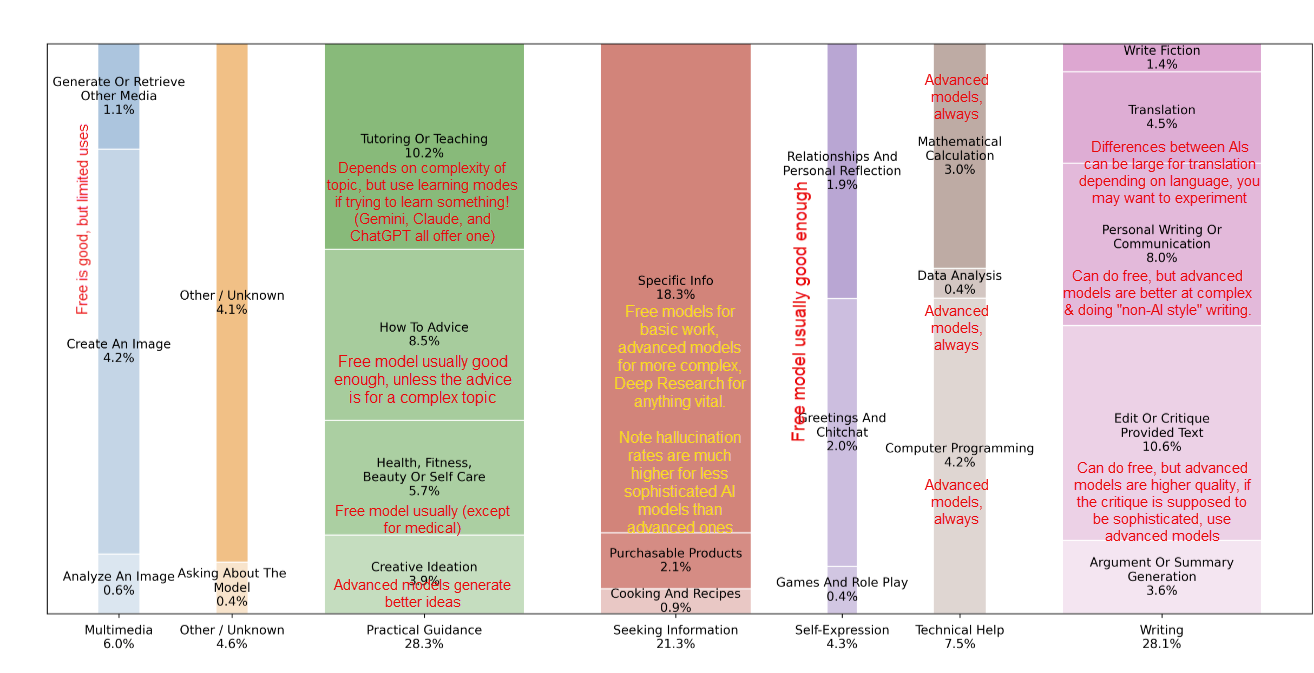
Bruno Rodrigues: A Polyglot Data Science Pipeline with rixpress . This post demonstrates the power of the rixpress R package to build, orchestrate, and execute a fully reproducible, polyglot data science pipeline.

read this article in English Open Access wird meist im Zusammenhang mit der Publikation von Forschungsergebnissen diskutiert. Doch auch über das Publizieren hinaus ist Open Access in der Hochschullehre ein relevantes Thema. Ein neues Beratungsangebot an der TIB versteht Openness als umfassendes Prinzip wissenschaftlichen Arbeitens und zeigt die Möglichkeiten von Open-Access-Materialien in der (internationalisierten) Lehre auf.

By Michelle Barker On 8 September 2025, the OECD hosted a landmark hybrid event titled Access to Research Software: Opportunities and Challenges in Paris. This workshop marked the launch of a new initiative under the Committee for Scientific and Technological Policy (CSTP) and builds on a strong legacy of OECD work on open science.
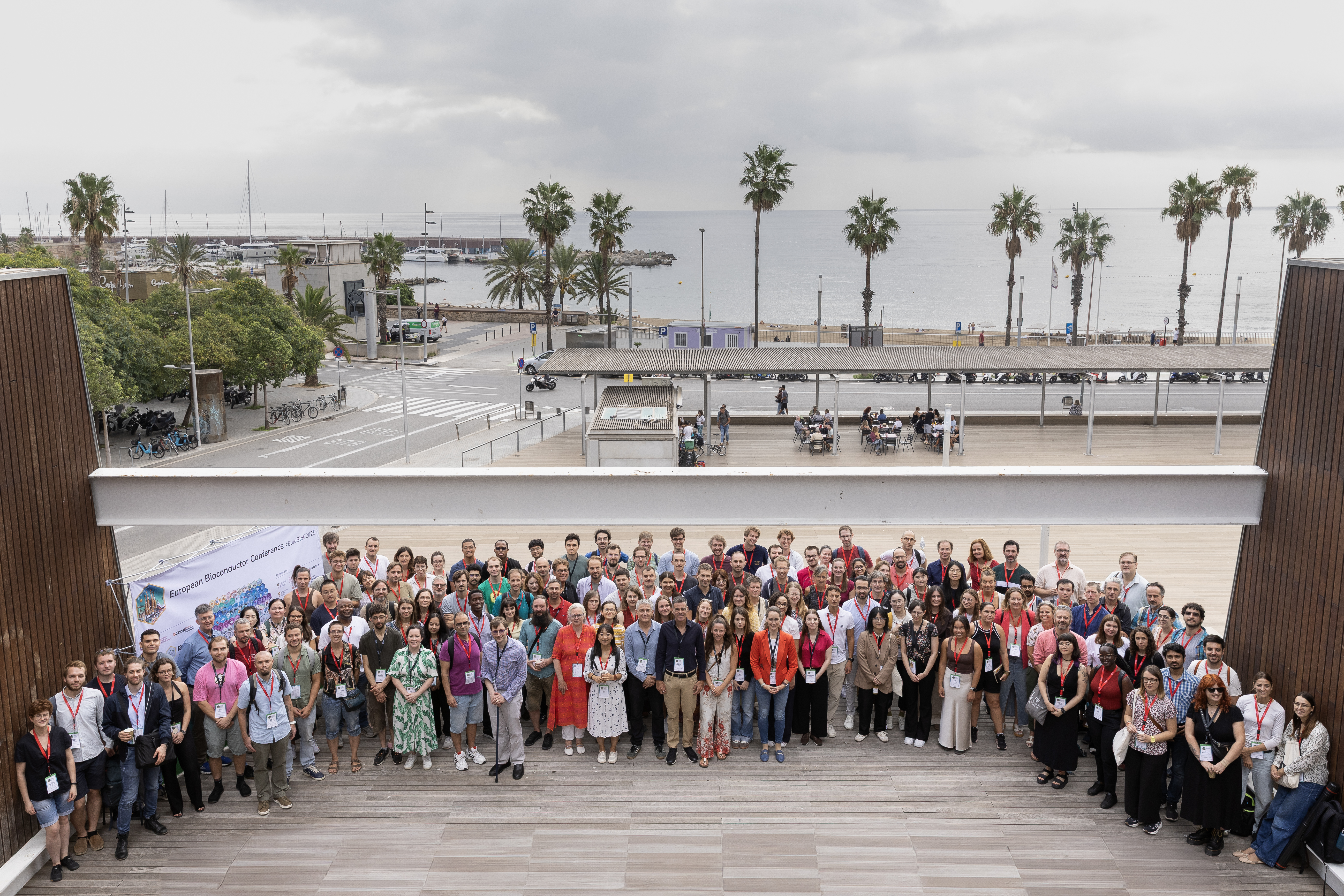
{width=“70%; class=”zoomable”; height:200px;“} The European Bioconductor conference 2025 (EuroBioC2025) took place between September 17 and 19, 2025, and was hosted at the Barcelona Biomedical Research Park (PRBB) in Barcelona by the Department of Medicine and Life Sciences of Universitat Pompeu Fabra (MELIS-UPF)and the Barcelona Institute for Global Health (ISGlobal). The Catalan capital boasts a rich culture, a lively atmosphere, and a blend